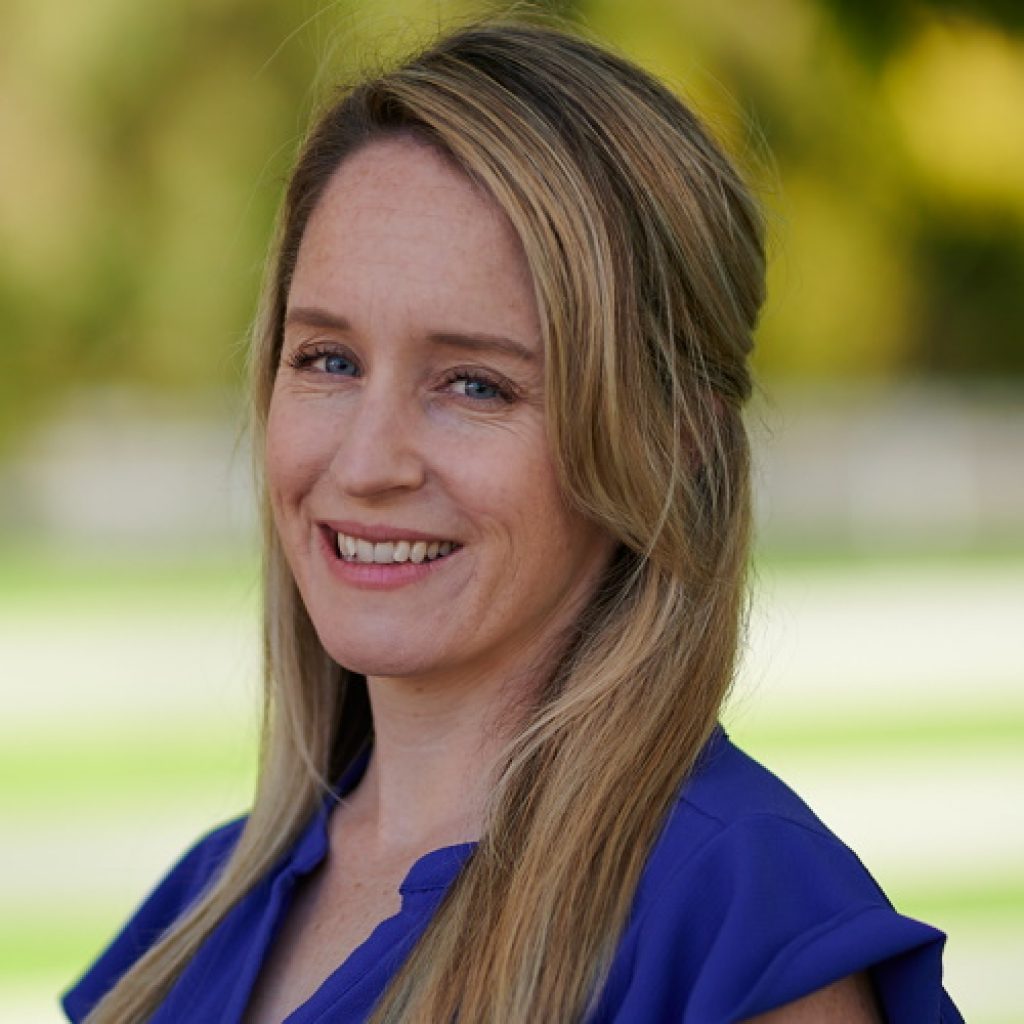Why is your research important and how will it influence the understanding and treatment of MS?
The current dietary advice for people with MS is to consume a healthy diet in line with the Australian Dietary Guidelines. Despite this advice, people with MS often search the internet for information about diet, where they are faced with conflicting information. They are unsure how to judge what information is credible, and what dietary changes they should be making. This nutrition education program will give people the knowledge and skills to make healthy dietary changes and to judge the credibility of nutrition information. The program will include food literacy skills to help with the selection, planning, preparation, and cooking of foods to create healthy meals. I will test the feasibility and efficacy of the program for improving diet quality and quality of life for people with MS, and the findings from this study will be used to support the development of a larger-scale randomised controlled trial.
